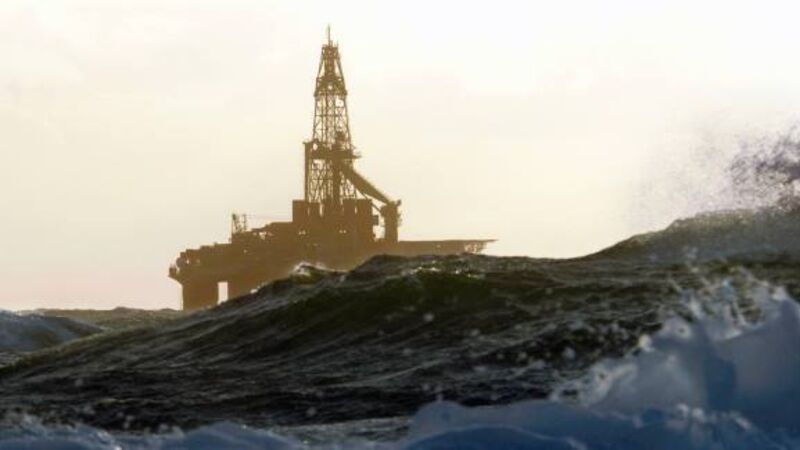Brent crude above $50 a barrel

Brent crude topped $50 a barrel in London trade for the first time since early last month. US crude supplies fell the most in five weeks, while fuel stockpiles slid a third week, US Energy Information Administration data show.
Opec is on course to agree to an output-freeze because its biggest members are pumping flat-out, said Chakib Khelil, the group’s former president. Oil has risen about 20% since slipping into a bear market earlier this month. A close at or above $47.42 a barrel would be more than 20% above the recent low, meeting the common definition of a bull market.
















